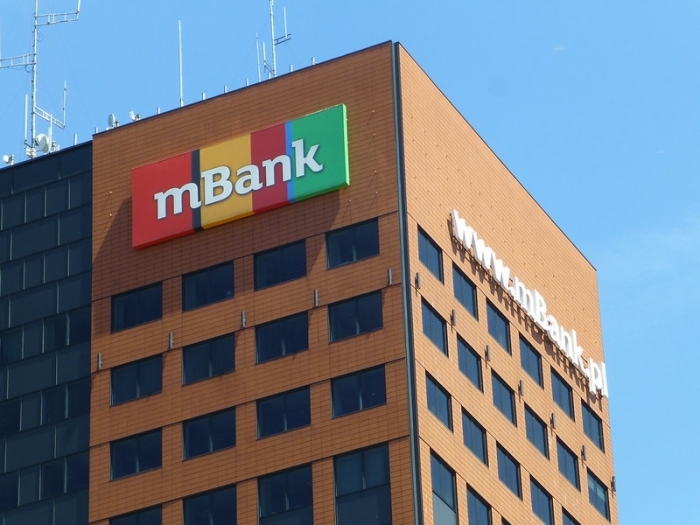Wednesday 2 September 2020, Safety Guide
Insight into other people’s bills? mBank messes up
Lost24
mBank has had a serious mishap, as a result of which a group of clients could gain partial access to accounts of other users and browse their transaction history.
According to the Niebezpiecznik prota, existing mBank customers had their phone numbers changed and new clients have started to receive authentication messages intended for different users. Moreover, when logging in to the mobile app, new users could access the account history of different users, but with their own personal data.
Turns out that when setting up a new account in the branch, the bank’s system did not create new records but instead overwritten the existing ones. According to the portal, the error was probably related to comparing ID numbers, which the















